Alabama Advocacy Toolkit

Intro to Advocacy
“Never be afraid to raise your voice for honesty and truth and compassion against injustice and lying and greed.” —William Faulkner
The quote above beautifully explains why advocacy is crucial to a functional democracy. We must always strive to be better and to do better. We can only do this by refusing to be neutral and by taking a stand — especially, when it’s hard.
Advocacy is a core part of being an active citizen. The word “advocate” literally means, “to call for.” To advocate is to take a public stand on a policy or to promote a cause. Advocacy is a tool to solve problems affecting you, your family, and your community. Advocacy often involves public education, activisim, and lobbying strategies to achieve specific goals and objectives.
You might assume that being an advocate requires confrontation, but this is not always the case. Effective advocacy means knowing when and how to avoid unnecessary conflict. At Gasp, whenever we consider starting an advocacy campaign we first weigh the pros and cons of taking action and ask ourselves what tactics and resources will be required in order to win.
Effective advocacy is always strategic in nature, which is why planning is paramount. Before beginning a campaign, try to envision what success looks like. Maybe you merely want to bring attention to a problem that is important to you. Or perhaps you’d like to change a law or policy. How you define success will determine how you go about achieving your objectives. Once you’ve determined what winning looks like, imagine what the journey holds: time, resources, threats, obstacles, victories and defeats. Then imagine how you will navigate the road to victory.
What Does Advocacy Look Like?
Oftentimes, folks are confused about the differences between advocacy and things like direct action, issue education, lobbying, public relations, and awareness raising. Don’t be! The reality is that these are all distinct strategies for creating change — and they can all be a part of an advocacy campaign.
The tactical components of advocacy are probably already familiar to you: signing a petition, calling your city councilor’s office, writing your congressperson, emailing the head of a government agency.
Advocacy may also include engaging the press, such as writing a letter to the editor in response to a news story, publishing an op-ed in key newspapers, and appearing on local TV programs. A common grassroots tactic is to distribute flyers to your neighbors asking them to get involved in your campaign. And finally, modern advocacy involves social media. Education is also a key element of securing support.
Getting Started
Quick Tips for Effective Advocacy
✔️Get Personal. There is a reason you feel strongly about an issue. Take air quality for example. Maybe your child has asthma that’s triggered by pollution in your neighborhood. Tell that story. The best advocacy puts a human face on complex, abstract concepts.
✔️Act Locally. Whether the issue you’re concerned about is a hyperlocal matter or a global problem, organizing locally is the best way to build momentum from the ground up. Start by getting your neighbors, family, and friends to lend their support to your cause.
✔️Stay Informed. Advocates need to be aware of the facts about the issue at hand as well as any latest developments. Sign up for emails from your members of Congress, City Hall, state legislators, etc. Set up news alerts about specific topics for your email or smart phone apps. Be sure that the news you’re consuming is credible.
✔️Show Up. If you want to be taken seriously, show up at important events such as public hearings, town halls, council meetings, etc. Public speaking isn’t for everyone, and you don’t have to speak at these events in order for your voice to be heard. But you do need to show up!
✔️Be Relentless. Oftentimes, you won’t like what you hear from a lawmaker or regulator. It’s not uncommon for officials to give vague, noncommittal answers or to dodge direct questions altogether. Don’t give up. Keep asking to have your concerns considered.
Organizing a Campaign
If you’re creating an advocacy campaign, ask yourself the following 10 questions to help create a road map.
1. What is the problem you are trying to solve? Be able to describe the issue with a brief “elevator pitch.”
2. What is your ultimate goal? (Be SMART: Specific, Measurable, Achievable, Relevant, and Timebound.)
3. What strategies will you use to reach your goals? Strategies answer the “how” question.
4. What objectives will you achieve along the way? Objectives are the benchmarks you need to meet to achieve your ultimate goal.
5. What tactics will help you reach those objectives? Tactics are the strategic actions you will take to achieve your objectives.
6. What is your timeline? A campaign needs a start and end.
7. How will you define success? For example: legislation is passed.
8. Who has the power to create the change you desire? E.g., mayor, governor, legislators, regulators
9. Who needs to have a seat at the table? Whoever is impacted by the policy change deserves a voice in the conversation.
10. What are your contingency plans if your campaign gets derailed? Campaigns often don’t go as planned! Be sure to also decide what sort of compromises you’re willing to negotiate.
Air Quality 101
This section courtesy of Clean Air Carolina
Air quality policy is based on technology that measures air pollution and research that identifies the adverse effects of air pollution (and the benefits of controlling it). This section will provide some background on what pollutants are currently regulated. It is important to keep in mind that ongoing research and technology developments may identify pollutants or impacts that we are not currently aware of, and standards and practices may need to be updated in order to take into account these new findings as they occur.
Air Quality Fundamentals
The US Environmental Protection Agency (EPA) is responsible for protecting and improving the nation’s air quality and the stratospheric ozone layer from our polluting activities. In the United States, the four primary sources of air pollution emissions are:
- Mobile sources: highway vehicles and non-road mobile sources, such as recreational and construction equipment, marine vessels, aircraft and locomotives
- Stationary sources (a.k.a., point sources): electric utilities and industrial boilers, industrial and other processes, such as metal smelters, petroleum refineries and cement kilns
- Area sources: agricultural areas, cities, wood-burning stove
- Natural sources: wind-blown dust, wildfires, volcanoes
For information about pollution sources and trends, see the EPA Air Quality Trend Annual Report. The Clean Air Act is the law that defines the EPA’s responsibilities. It sets limits for six common air pollutants, also known as “criteria pollutants”, called the National Ambient Air Quality Standards, or NAAQS.
Criteria Air Pollutants are:
- Ground Level Ozone
- Particulate Matter (PM)
- Carbon Monoxide
- Lead
- Sulfur Dioxide
- Nitrogen Dioxide
The Clean Air Act also sets limits for air toxics (called Hazardous Air Pollutants, or HAPs), and emissions from mobile sources. Greenhouse gasses, which cause climate change, include Carbon Dioxide, Nitrous Oxide and Methane. The determination of whether the Clean Air Act allows the EPA to regulate greenhouse gasses is the subject of a court case. Click here for more information about the Clean Air Act.
AirWatch
Gasp has a program called AirWatch to help you report air pollution complaints effectively to the proper authorities. We have a hotline (205-701-4277) and an online form you can use to share your concerns with us. We’ll contact you for further details as necessary and help you submit formal complaints to the appropriate agency (e.g., EPA, Jefferson County Department of Health, ADEM).
Alabama Department of Environmental Management
Questions regarding open burning in Alabama may be directed to ADEM at 334-271-7879 or 334-271-7897.
Jefferson County
Questions about air quality in Jefferson County should be directed to Jason Howanitz at the Jefferson County Department of Health: 205-930-1284.
Huntsville
- City of Huntsville Department of Natural Resources & Environmental Management: 256-427-5750
- Madison County/Huntsville Fire Marshal: 256-851-6947
- City of Huntsville: 256-427-5150
Sample Letter
Use the sample letter below as a template for your own letters to your elected officials. Be personal and direct.
[DATE]
The Honorable Jane Lawmaker
U.S. House of Representatives
123 Office Building
Washington, DC 20515
Dear Representative Lawmaker:
I am pleased to know that you support the Clean Air Legislation. I have asthma and cannot function without clean air to breathe. This issue directly impacts my life as well as thousands of your constituents and hundreds of thousands of Alabamians.
I am primarily concerned about ensuring that the bill contains strong enough health protections for people like me, and enforcement mechanisms to make sure that when polluters violate the law they are held responsible.
Did you know that air pollution is the number one environmental health risk factor for premature death and disease in the world? Children, people with asthma (like me), seniors, and people with heart and lung disease are the most vulnerable. We need strong standards to protect our right to breathe.
I encourage you to maintain your support of the Clean Air Legislation. I look forward to your continued leadership on this important issue. If I can be any help in supporting this legislation, please do not hesitate to call on me at any time. It would be my honor to lend my voice.
Thank you for your consideration. I believe this is an important issue, and would like to see the legislation pass so that people like me who are susceptible to air pollution will be able to breathe a little easier.
Sincerely,
John Doe
1234 Avenue
Birmingham, AL 35205
205-555-6789
[email protected]
Sample Call Script
Use the sample letter below as a template for your own letters to your elected officials. Be personal and direct.
1. Introduce yourself. Be firm, but polite. If you are rude or yell, the person who you speak to is significantly more likely to write you off and may not relay your message to the elected official. If you have talked to others in the district who feel the same, state that after you introduce yourself.
Hi, my name is Jane Doe. I’m a constituent of the representative. I live in ___________. Will you please give John Lawmaker a message for me? I have talked to others in my neighborhood and at work, who share my concerns.
2. State exactly why are you calling. Be very clear about why are you calling.
I’m calling to ask Rep. Lawmaker to withdraw his legislation, H.R. 123, also known as the Dirty Air Rocks Act of 2017. I believe that this bill is dangerous and will prove disastrous to public health and our environment if it becomes law.
3. Provide a few details on why you are concerned. Include “values statements” where appropriate to explain why you support or oppose the policy in question.
The bill states that air pollution is healthy for children. That’s not true. According to the latest research published in Science Times last month, air pollution is one of the leading environmental health risk factors for children. In fact, they found that it kills up to 1 million children every single year. I know Rep. Lawmaker values children’s health and well-being, just like me.
4. Restate why you called and conclude the call. Ask to be put on a contact list so you can be kept informed.
I strongly oppose H.R. 123 because of the harm I believe it will do to our children and to everyone who breathes air pollution. Please keep me informed of actions that Rep. Lawmaker takes on this issue. Thank you for taking the time to listen and to take my call. Have a good day.
5. Track the legislation and follow up as needed. Use websites like govtrack.us and apps like Countable to track legislation.
U.S. Congress Directory
U.S. Senate

Sen. Doug Jones
Mailing Address
326 Russell Senate Office Building
Washington, DC 20510
Phone
(202) 224-4124
Email
[email protected]

Sen. Richard Shelby
Mailing Address
304 Russell Senate Office Building
Washington, DC 20510
Phone
(202) 224-5744
Email
[email protected]
U.S. House of Representatives
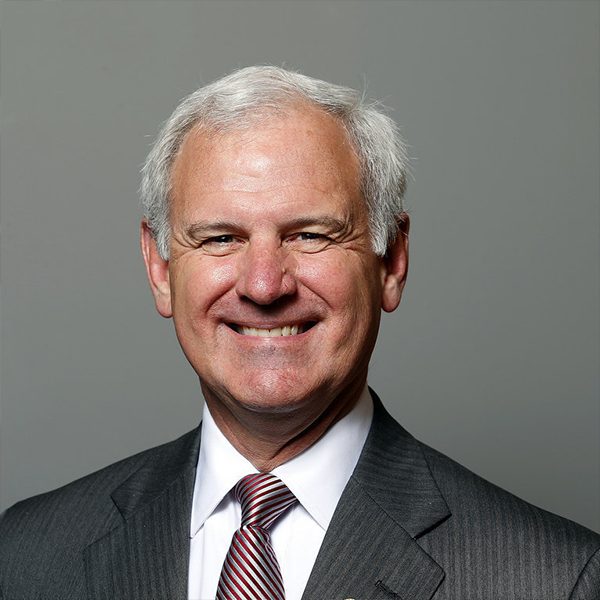
Rep. Bradley Byrne
District 1
Mailing Address
119 Cannon House Office Building
Washington, DC 20515
Phone
(202) 225-4931
Email
[email protected]

Rep. Mike Rogers
District 3
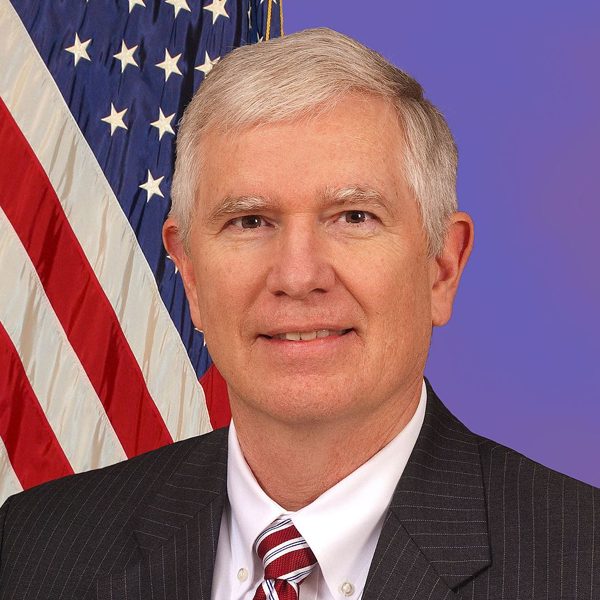
Rep. Mo Brooks
District 5

Rep. Terri Sewell
District 7
Mailing Address
119 Cannon House Office Building
Washington, DC 20515
Phone
(202) 225-4931
Email
[email protected]
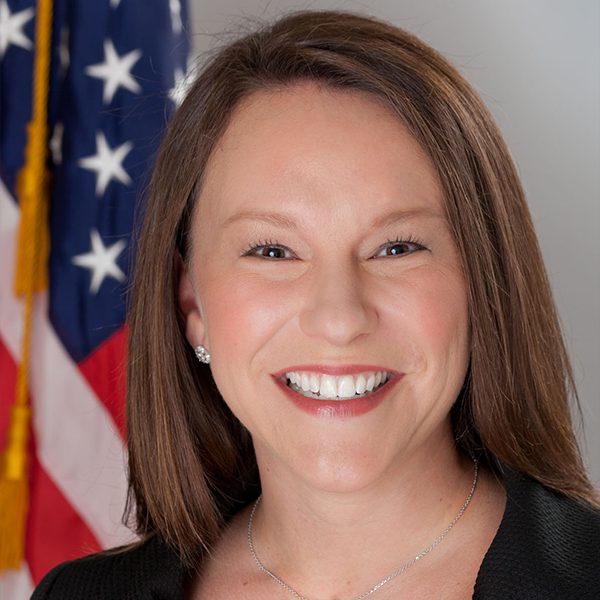
Rep. Martha Roby
District 2
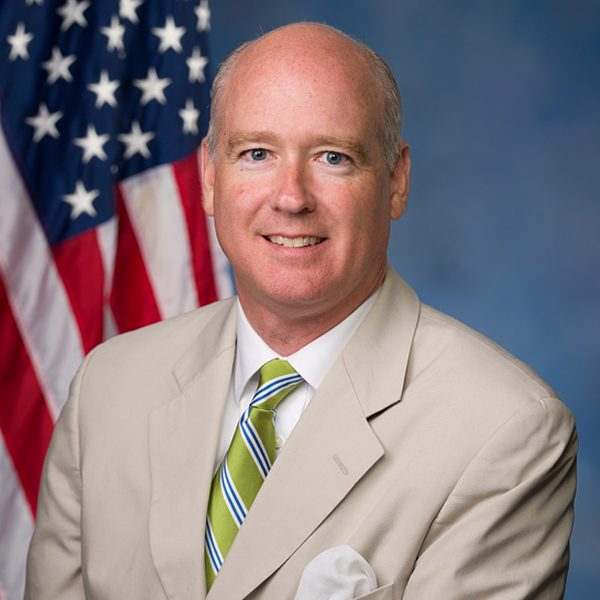
Rep. Robert Aderholt
District 4
Mailing Address
235 Cannon House Office Building
Washington, DC 20515
Phone
(202) 225-4876
Email
[email protected]
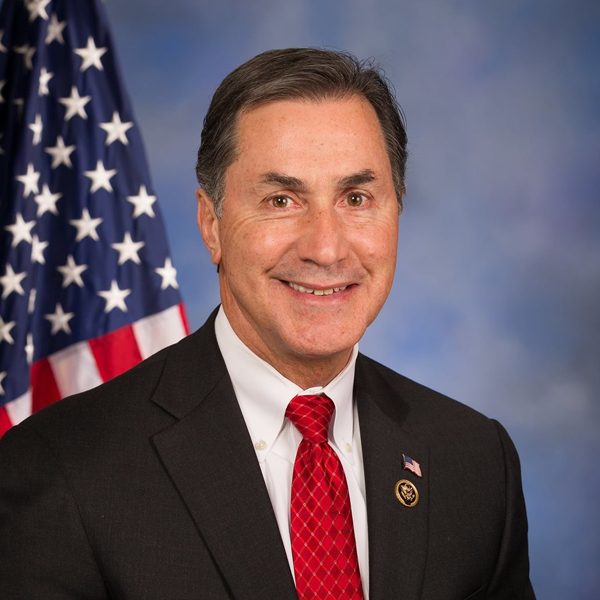
Rep. Gary Palmer
District 6
Mailing Address
330 Cannon House Office Building
Washington, DC 20515
Phone
(202) 225-4921
Email
[email protected]
Alabama Legislature
The Alabama Legislature is the bicameral legislative branch of Alabama’s government. It is made up of two bodies: the House of Representatives (lower chamber) and the Senate (upper chamber). The House of Representatives is made up of 105 members elected from districts across the state, while the Senate has 35 members. The House is lead by the Speaker of the House (Rep. Mac McCutcheon) and the Senate is lead by the President Pro Tempore (Sen. Del Marsh). (In a separate role, the lieutenant governor is the president of the Senate.) Each body also elects majority and minority leaders.
Because there are 140 legislators, we’ve chosen to save space and not list every member on this page. Instead, you may use the button below to find your legislators or use the following links to see a full list of members: House of Representatives, Senate.
Senate President Pro Tempore

Sen. Del Marsh (R)
Senate District 12
Mailing Address
11 South Union Street, Suite 722
Montgomery, AL 36130-4600
Phone
(334) 242-7877
Email
[email protected]
Speaker of the House
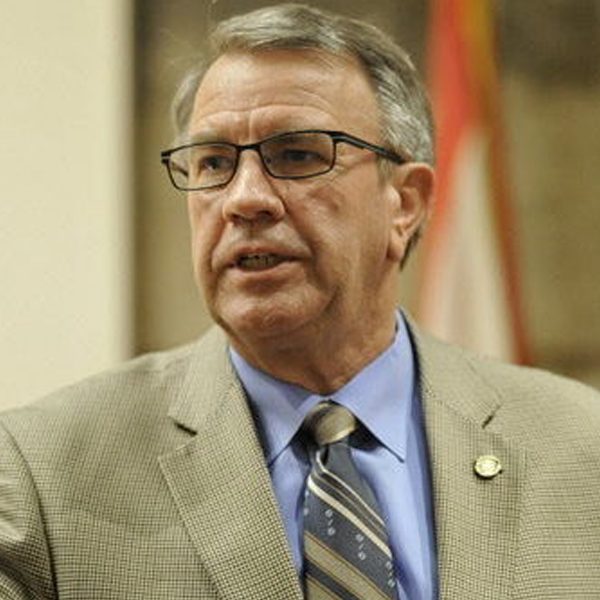
Rep. Mac McCutcheon
House District 25
Mailing Address
11 South Union Street, Suite 519-A
Montgomery, AL 36130-2950
Phone
(334) 242-7673
Email
[email protected]

